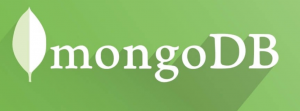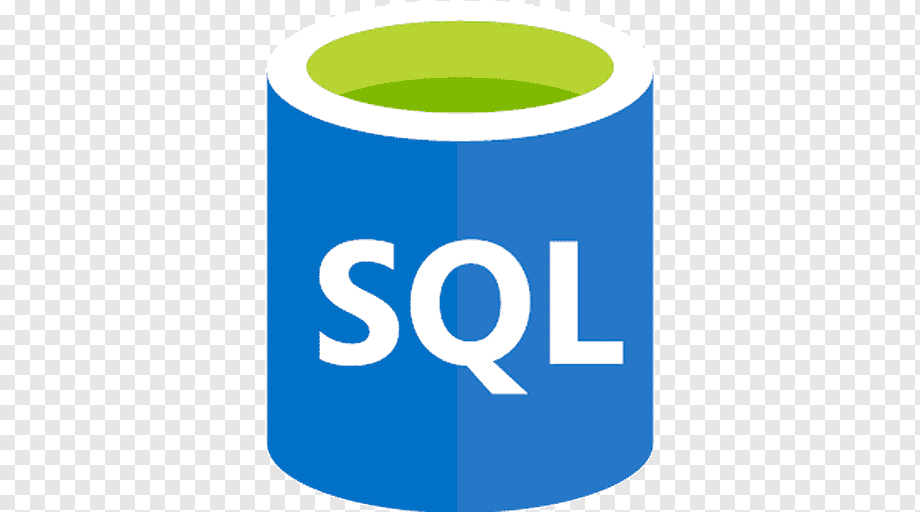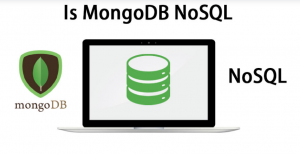Is it better to use MongoDB or SQL?

MongoDB is a very popular open-source Document Database that operates as a No SQL database. It is popularly used in collaboration with AWS, Azure, and many other data sources for application development and functioning. Allowing the storage and querying of high volumes of data, it offers the following robust features:
- Better query executions with proper indexing and processing features.
- Real-time analytics and optimized data handling with the use of ad-hoc queries.
- Improved data availability and flexibility with robust replication features.
- Data Sharing allows the splitting of large data chunks for a distributed and faster query execution process.
Introduction to SQL Databases

SQL Databases are typically Relational Database services that are popularly used for the deployment of Cloud applications. Along with high-performance analytics, they offer various features for accessing, appending, managing, and processing data within the database.
A SQL Database stands out owing to its ease of use, robust classification features, and unhindered reliability as a Database System.
Some prominent SQL Database features are as follows:
- On-demand scalability along with comprehensive and reliable transaction support for businesses.
- Increased workflow control and easy analysis of structured data in a flexible open-source environment.
- It is free to download and implements a straightforward client-server architecture for operation.
- It offers a solid data security layer that helps maintain the integrity of data while also protecting sensitive data from infiltration.
Factors that Drive the MongoDB vs SQL Decision
To begin with the comparison, MongoDB is a Non-relational Database while SQL is a Relational Database. While MongoDB supports JSON querying, a SQL Database uses SQL query processing.
The basic characteristics make MongoDB a more dynamic and complex option that is fit for hierarchical data while a SQL Database remains more predefined and suited for other kinds of data storage.
Following are some aspects where some use case contrasts can be observed in MongoDB vs SQL Database.

1) MongoDB vs SQL: History
Development of MongoDB began in early 2007 when the company was designing a platform-as-a-service similar to Microsoft Azure. which is now renamed MongoDB Inc was working on this software.
The Initial development focused on creating the PaaS. (Platform as a Service), but later in 2009 MongoDB was launched to the market as an open-source database server and is supported by the organization itself. In March 2010, the first production-ready version 1.4 was released. The latest and stable version of MongoDB is version 2.4.9, released on January 10, 2014.
There are numerous versions available for SQL. The original version of SQL was developed at the IBM San Jose Research Laboratory (now known as the Almaden Research Center). Initially, the language was called Sequel, in the early 1970s, it was implemented as part of the R project. Since then, the sequel language was developed, and gradually its name was changed to SQL.
In 1986, the American National Standards Institute (ANSI) published SQL as an updated standard 1992. The final ISO standard for SQL was published in 2008 and named SQL: 2008.SQL has established itself as the standard language for relational databases.
2) MongoDB vs SQL: Storage of Data
Data storage is the primary function of a database and how your data is stored becomes significant when fetching and querying is considered.
In MongoDB, all individual records are stored as documents which are collections of fields with a dynamic schema. Here, each collection need not have the same set of fields which makes it more flexible than RDBMS.
In SQL Databases, records are stored in rows within a table which limits dynamic classification and storage of hierarchical data. However, SQL Relational data can be matched using common characteristics simplistically which can be beneficial depending upon your use case.
3) MongoDB vs SQL: Representation, Reliability, and Accessibility
The difference in the way data is represented and interpreted in each makes a significant difference. MongoDB stores data in JSON format with key and value pairs for each entity whereas SQL Databases stores data as a record in a row of the table.
The representation of the storage of a single entity in the databases can be seen as follows:
MongoDB Document
While data is easily accessible and classifiable with a SQL Database, there are certain limitations to what can be stored and processed together. MongoDB uses a more complex approach to data storage while allowing complex processing as well. The data representation indicates that NoSQL doesn’t support any relations between different data types.
While MongoDB is more flexible and ensures high and diverse data availability, a SQL Database operates with the ACID (Atomicity , Consistency, Isolation, and Durability) properties and ensures greater reliability of transactions.
4) MongoDB vs SQL: Scalability and Replication
Now coming to one of the most important factors that are crucial for businesses and organizations – the scalability and replication functions for wider access. It cannot be said that one of these is more scalable than the other unless the use case is determined.
SQL Databases facilitate Vertical Scaling, that is Scaling Up. You can scale up the RAM, CPU, and SSD capacities to upscale and add functionalities to your setup. While this can add some significant factors, it cannot be used to alter the framework and is restricted on that front. It facilitates easy data insertion and uses Slave and Master data replication.
MongoDB, on the other hand, would be better for Horizontal Scaling or Scaling Out.
Significance of Programming Vs Web Development
